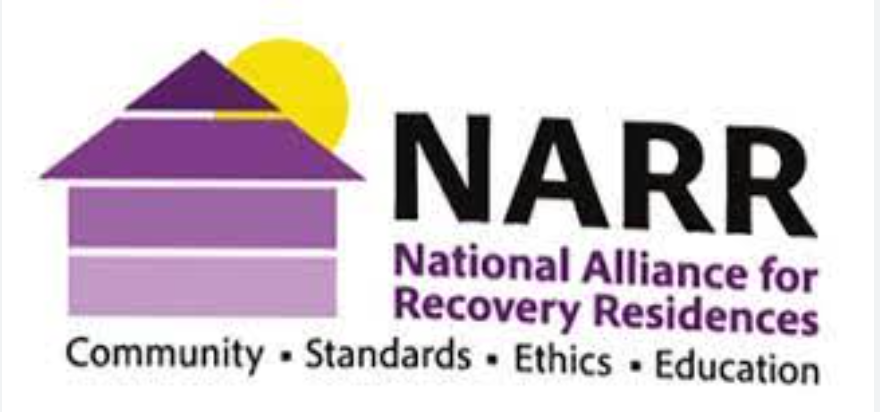How to get Medicaid to pay for Peer Support in Sober Housing
Peer support plays a crucial role in the journey of individuals recovering from substance use disorders, and can be easily implemented into sober living homes. Employees can support residents more deeply through shared experiences. Learn how to implement and bill Medicaid (including billing codes) for structured peer support programs to enhance the effectiveness of Sober Living environments:
1. Get Your Staff Peer Support Certified
The process of becoming certified as a Peer Support Specialist varies depending on your state, but here are a few general guidelines:
- Most states require a clinical supervisor to become certified (with the exception of CA, ID, IL, MS, NV, OR, PN, RI, TN, TX, VT which only require a peer supervisor)
- Every state (except Iowa) requires lived experience and/or recovery
- Most require work experience hours as well as supervised work hours, and all require training work experience except South Dakota
- Most states require you to pass a written exam (except in AK, ME, NC, SC, SD, UT)
2. Understanding Peer Support Notation (DAP Notes):
In clinical practice, DAP (Data, Assessment, Plan) notes are essential for documenting client progress and planning treatment. They include three fields; data, assessment, and plan. Data includes information about the client's reason for visit, mental status, interventions applied, etc. Assessment is determined by the peer's judgment of the client's status and progress. Lastly, the plan outlines future sessions, assigned homework, referrals, and any adjustments to the treatment plan.
*DAP Notes included in Sobriety Hub Software in 2024.
3. Compile all the DAP Notes into a Report for Funding
After peers collect DAP Notes from sessions. They can be compiled into a comprehensive report to send to the state for funding. States bill per 15-minute session, ranging from about $5 to $27 depending on the state.
*Automated DAP Note Reports are coming in Sobriety Hub Software in 2024.
4. Use billing Codes to Bill Medicaid for Peer Support Services
Below is a list of the billing codes for Substance Use Peer Support. Codes vary per state and for individual and group peer support sessions. If you do not find your state, they may not have Medicaid reimbursement rates (Vermont and South Dakota) or they may only reimburse Mental Health Peer support services.
- H0038
- Alaska individual
- Arizona individual
- California individual
- Delaware individual
- Indiana individual
- Iowa Individual
- Kansas Individual
- Kentucky individual
- Louisiana Individual
- Maryland Individual
- Mississippi Individual
- Missouri Individual
- Montana Individual
- Nevada Individual
- New Hampshire Individual
- New Mexico Individual
- New York Individual
- North Carolina Individual
- North Dakota Individual
- Oregon Individual
- South Caroline Individual
- Tennessee
- Utah individual
- West Virginia Individual
- Wyoming Individual
- H0038 HF
- Alabama group/individual
- Georgia individual
- Idaho individual
- Nebraska Individual
- New Jersey individual
- Texas Individual
- Washington Individual
- H0038 HQ
- Arizona Group
- Delaware Group
- Kansas group
- Kentucky group
- Louisiana Group
- Navada Grop
- New Hampshire Group
- New Mexico Group
- North Carolina Group
- Ohio group
- Oregon group
- South Carolina Group
- Utah Group
- Wyoming Group
- H0025
- California group
- H0038 TT
- Colorado individual
- H0038 HF HQ
- Georgia group
- Nebraska Group
- H2014
- Illinois individual
- H0024
- Maryland Group
- H2015
- Massachusetts individual
- H0038 U8
- Minnesota Individual
- H2015 HF HQ
- Oklahoma Group
- Texas Group
- H2015 HF
- Oklahoma Individual
- H0038 HQ
- Rhode Island group
- H0038 U3
- Rhode Island Individual
- S9449
- Virginia Group
- T1012
- Virginia Individual
In conclusion, integrating peer support into sober living homes not only enhances recovery outcomes but also aligns with Medicaid services across different states, ensuring equitable access and effective utilization of resources in supporting individuals on their path to recovery.


